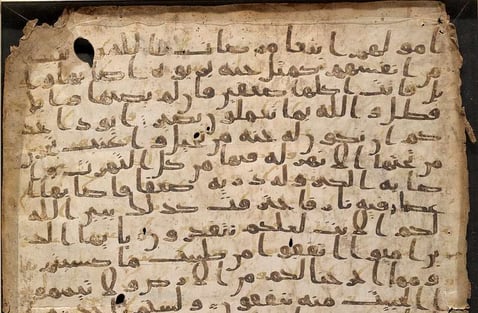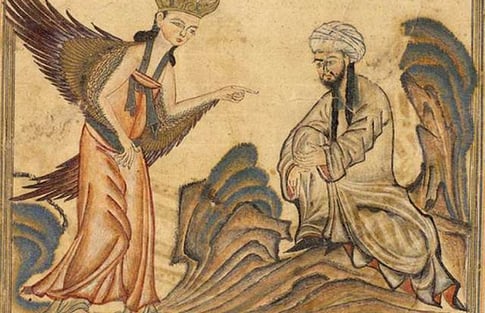The Holy Quran
The Holy Quran is the holy book and central text of mainstream Islam, revered by Muslims as the word of God (Allah SWT) as revealed to the Prophet Muhammad (peace be upon him) through the archangel Gabriel over a period of approximately 23 years in the 7th century CE. It is considered the final and complete revelation, confirming and superseding previous holy scriptures revealed to humankind.
The Quran was originally recorded in classical Arabic (also known as Quranic) and is divided into 114 chapters, known as Surahs, which vary in length and cover a wide range of topics including theology, guidance for personal conduct, morality, social justice, and laws governing various aspects of life. For recitation purposes during the religious festival of Ramadan, it is also divided into 30 equal parts, known as Juz (also known as Ajza or Para).


The Quran emphasizes the oneness of God, known as Allah, the importance of worship, as well as the accountability of human beings for their actions. It also contains stories of earlier prophets and communities, highlighting moral lessons and examples of faith and perseverance.
Muslims regard the Quran as a universal guide for living a righteous and fulfilling life, and its study holds immense spiritual significance in Islamic practice. Memorisation and recitation of the Holy Quran are of importance in Islamic tradition, and are a central component of daily worship and practice.


The Sana'a Quranic Manuscript is the one of the oldest copies of the Quran ever discovered. This fragment contains a piece of Surah Al-Baqarah, verses 265 and 266.


Persian artistic depiction by Rashid al-Din, published in Tabriz, of Mohammed's first revelation of the Quran from Gabriel.
Theos 2024
Translations are not the property of Theos. Individual translations are the property of their respective translators. Theos does not own the rights to any translation of any religious texts.
